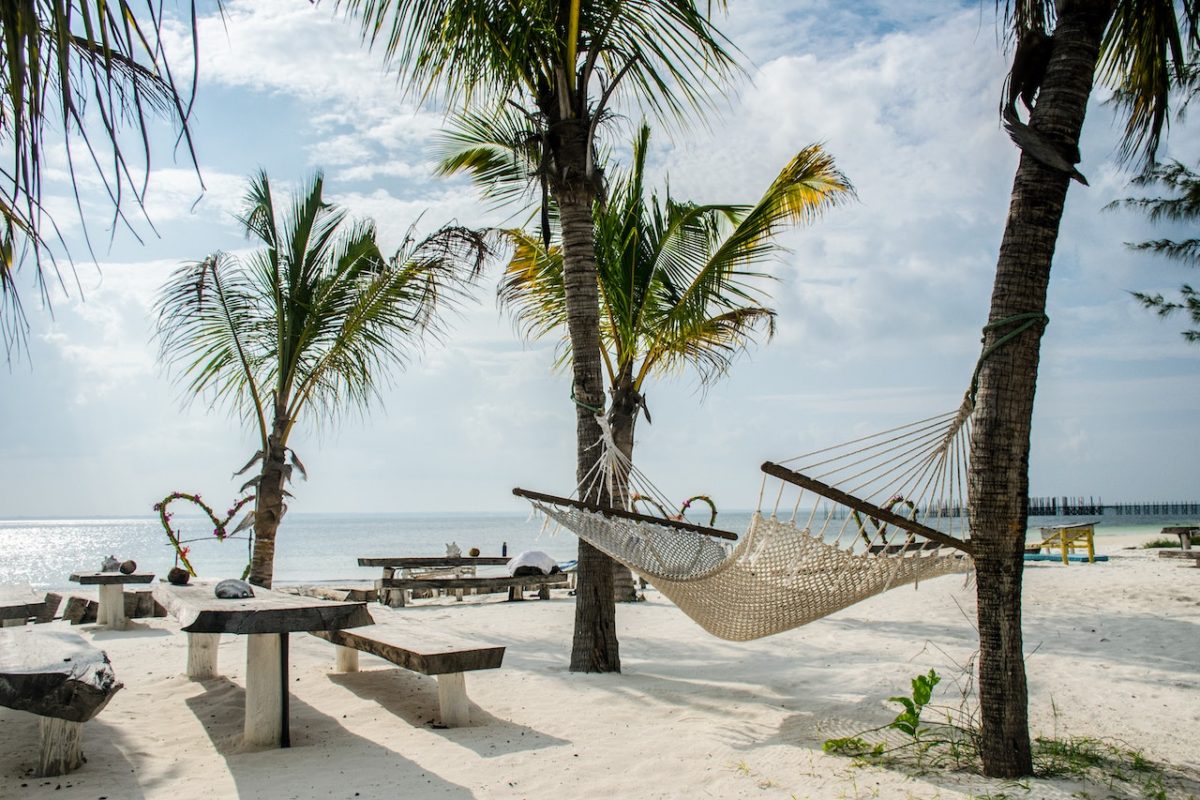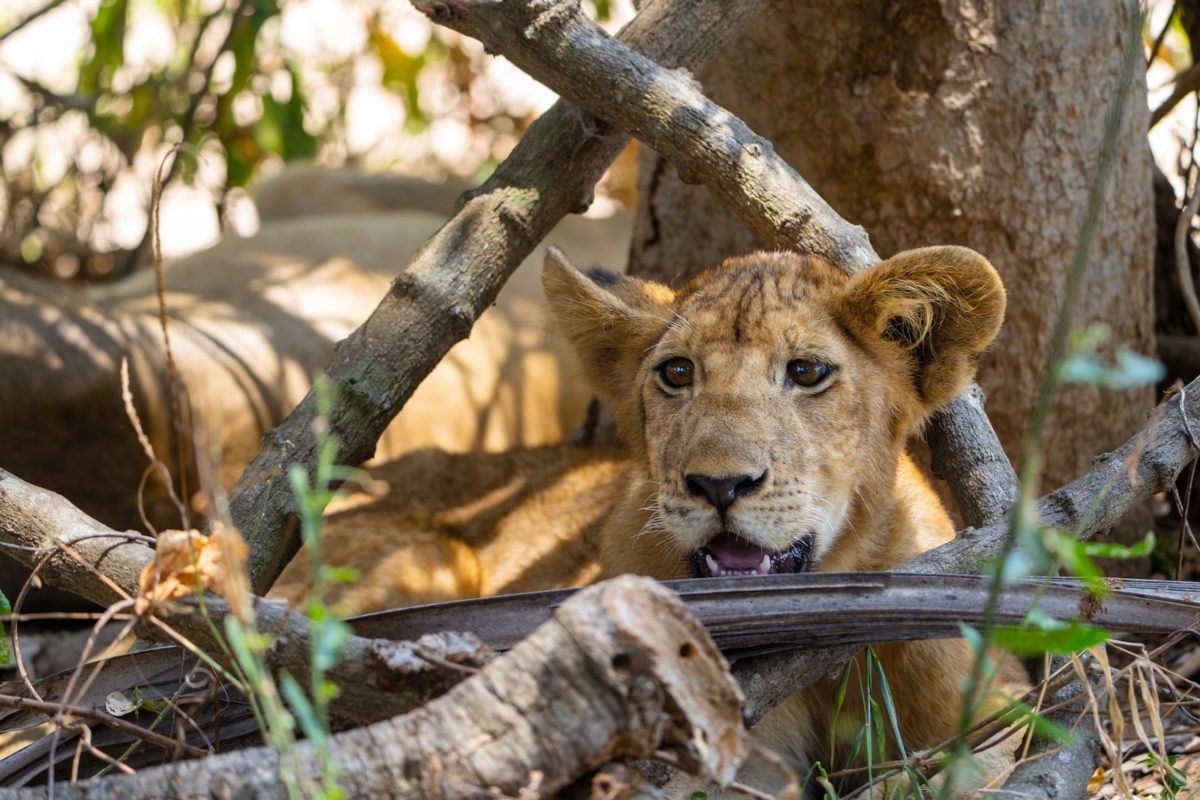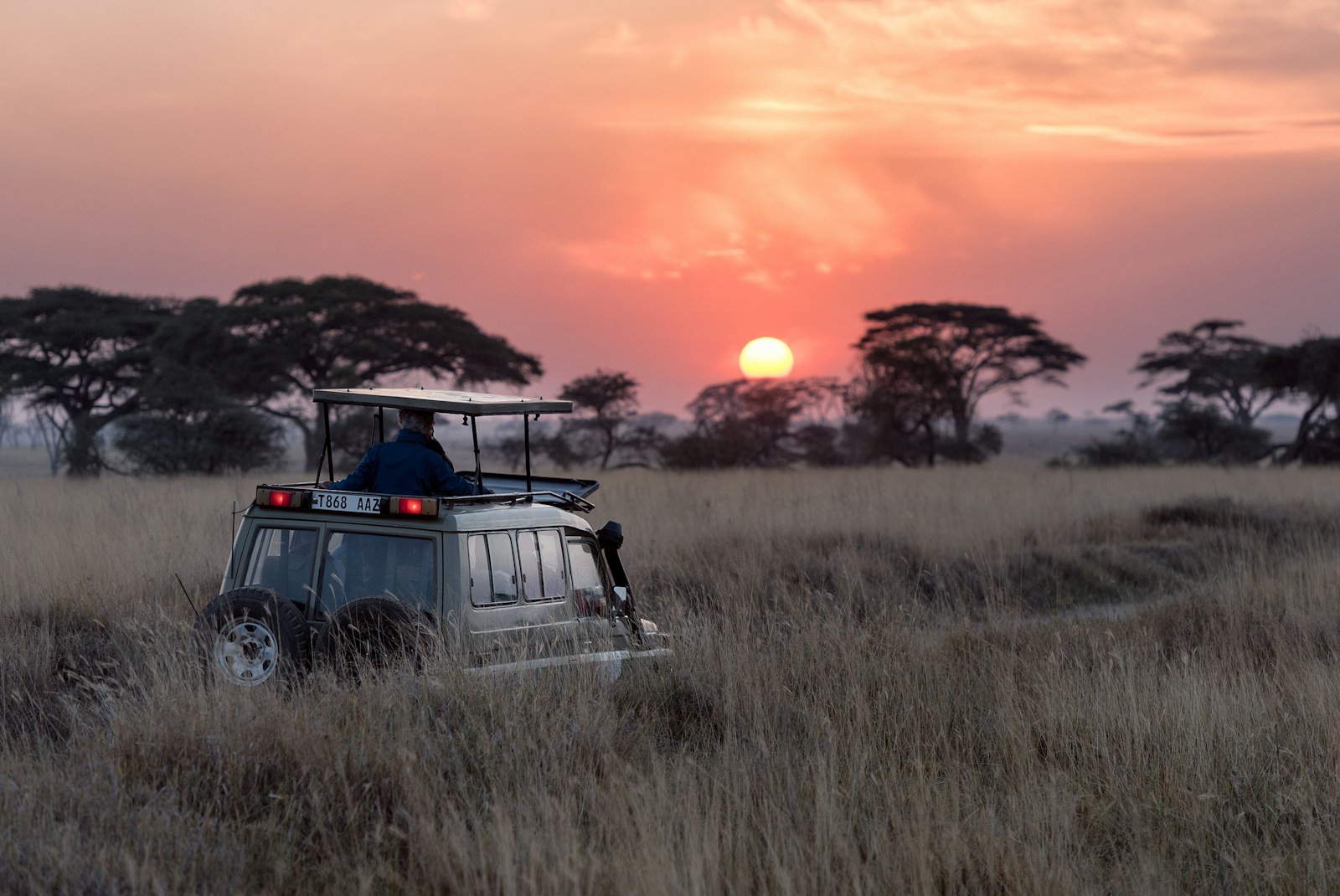Its parks rich in wildlife, Kilimanjaro and the popularity of hikers for its paths leading to its summit, as well as Zanzibar and the nearby islands known among other things for diving and their beaches, make Tanzania a destination very coveted and appreciated. But it still requires some small precautions when traveling individually to avoid certain inconveniences.
Health question
The health situation in Tanzania is not necessarily the best, even more so when you leave the tourist areas.
At a parasitic level, dengue, chikungunya and malaria are present in various places in the country, sometimes endemically, especially in the rainy season. It is therefore advisable to take precautions (and a prophylaxis adapted to each person against malaria) by already protecting yourself from mosquitoes and other similar animals. The best thing is to have a good repellent, cover your arms and legs at nightfall, when it stings the most, and bring a soaked mosquito net if you sleep in a place without air conditioning or air circulation.
Occasionally or locally, cases of livestock-borne Rift Valley fever or sleeping sickness also occur in the country.
Contracting rabies is also possible from stray dogs, monkeys, rodents or other animals that can bite (vaccine useful especially for long stays). And there are also risks of bilharzia and other parasitic infections when swimming in fresh or stagnant water. So pay attention to all this…

Hygiene question
As you might expect, good food and personal hygiene are necessary when traveling Tanzania. It will therefore be necessary to wash your hands frequently, absolutely avoid tap water, ice cubes and dishes or foods that do not offer any guarantee of freshness, even if only to avoid tourists. And then don’t forget to hydrate and protect yourself from the sun in the hottest periods.
Health infrastructure
Local health infrastructure is quite limited and often poorly equipped, even in Dar-es-Salam. In the event of illness or injury, the most serious cases may also involve medical evacuation to another better equipped country, such as Kenya.
So, in addition to good care insurance, keep your personal pharmacy and medicines in sufficient quantities within reach.
In terms of safety
Crime and delinquency
Compared to other countries in the region, Tanzania is not the worst in terms of crime and delinquency, although thefts and attacks have increased significantly, including in tourist areas, in Zanzibar, in transport, on uncrowded beaches or against visitors, especially when they withdraw money from ATMs.
So, be careful though as always, taking the basic precautions usual for any trip such as not flaunting your wealth, avoiding deserted beaches, walking alone at night in isolated places, opting for official taxis, being careful in transportation, etc. , the risks are more than limited. In the event of an attack, however, it is advisable not to resist and always have “something” with you to give to your attackers.
And if you travel with your own vehicle, it is widely recommended to use guarded parking, not leave anything inside, drive with windows and doors closed and obviously not drive at night.

Socio-political risks
The Great Lakes region has often been quite unstable and even Tanzania has not been spared in recent years in terms of attacks and terrorism. In short, the risks are there even if they perhaps seem smaller than they once were.
On the other hand, some border regions of Tanzania are not always recommended. For security reasons (traffickers, armed groups, etc.), the areas bordering Burundi or even Lake Tanganyika, facing the Democratic Republic of Congo (DRC) are poorly recommended, as are currently the areas bordering Mozambique, in the south of the country.
In general, it is essential to always inform yourself about the current situation in these regions and, more generally, when you go off the beaten path.
Finally, during elections, strikes or any other social or political movement, among others in Zanzibar, it is preferable to stay away from crowd gatherings.
Climate and nature
Firstly, it is the heavy rainfall that the country may experience that generally remains the most problematic; roads can quickly become impassable unless you have a 4×4. It is therefore essential to find out about the weather forecast before travelling, especially in the hinterland.
Two final words about animals. In parks and nature reserves, remember to always follow the advice of local tourist guides; Wild animals always represent a potential danger to humans.
